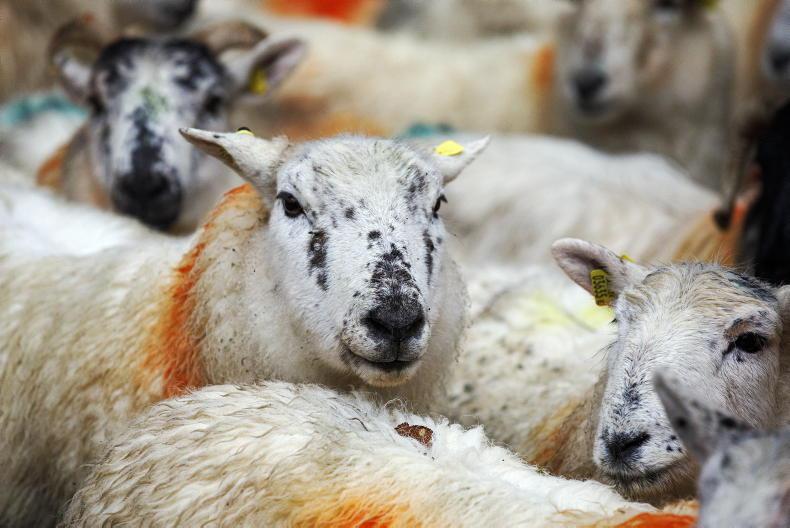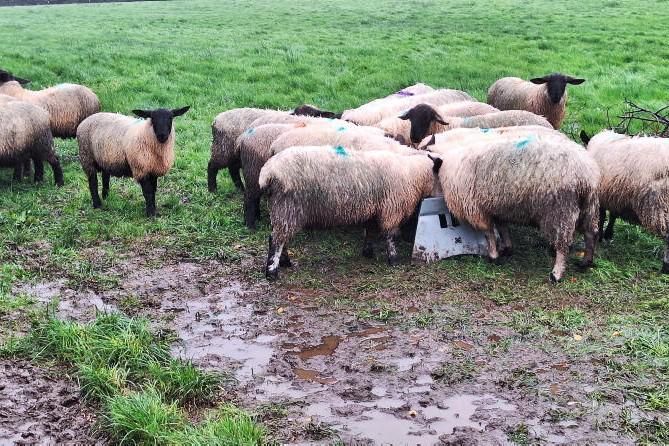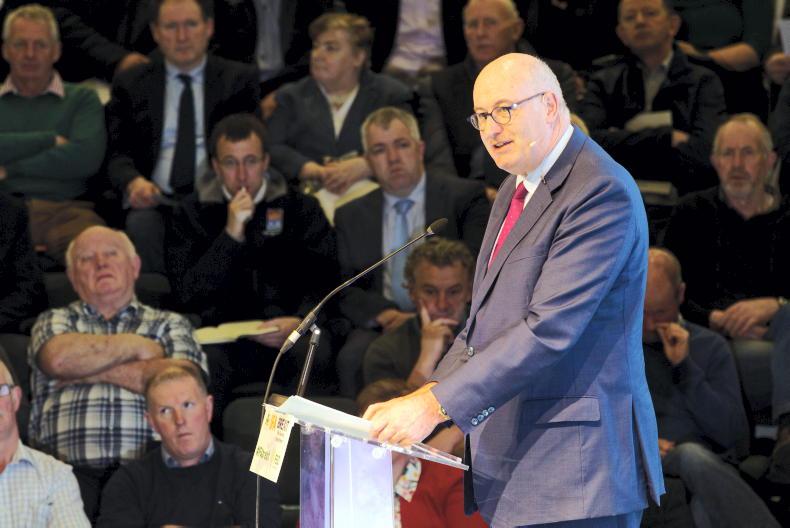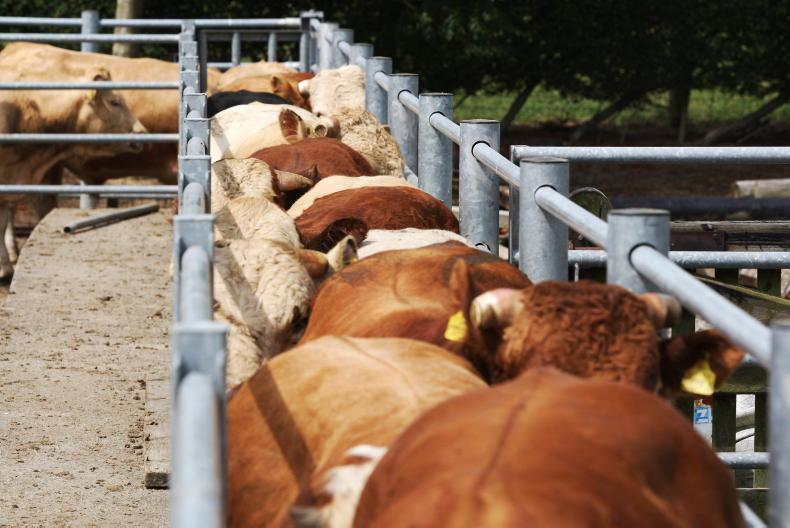Farmers are facing greater challenges in getting lambs presented for slaughter. Factories point to the Department of Agriculture ramping up the implementation of its clean livestock policy, with one factory manager commenting that vets are “coming down very hard” on dirty sheep.
The clean livestock policy was introduced over a year ago to safeguard Ireland’s domestic and export sheep meat and hide trade.
Factories comment that persistent heavy rainfall is affecting lamb presentation, with the cleanliness of sheep hampered by a deterioration in ground conditions.
Some factories comment that there are very few lambs coming straight off pasture or fodder crops in optimum condition. Fodder crops are a greater issue in the east of the country where they are far more prominent.
While all factories are adhering to the policy, the measures being taken by individual factories varies.
In Kepak, a clipping charge of 20c is applied to category B sheep, with no charge for category A sheep.
However, according to a Kepak spokesperson, the vast majority of sheep moving through the factory in recent weeks are being clipped.
In the two Irish Country Meats (ICM) plants in Camolin and Navan, a flat-rate charge of 20c is being applied to all sheep moving through the facility. The commencement date in 2017 was 1 October , but the commencement date will vary from year to year, depending on animal condition on arrival.
An ICM spokesman stressed that they are really trying to avoid dirty lambs arriving at the factory.
Kildare Chilling does not apply a clipping charge for lambs. However, it does apply a 20c/head charge on all hoggets and ewes.
While everything has to be clipped on the line, there is a move away from clipping in the lairage, with a real emphasis again on reducing the amount of dirty lambs being presented at the factory.
Dawn Meats told the Irish Farmers Journal that it is operating on a case-by-case basis, with the plant basing the charge applied for clipping on the level of intervention required.
Some factory managers said their clipping charges are currently under review, as they feel that this may yet have to increase as more pressure is being applied from the Department to clip increasing numbers of sheep.
Neither Moyvalley or Ballon Meats, who are processing predominately for the domestic market, currently charge a clipping fee.
Growing frustration
IFA national sheep chair Sean Dennehy said there is growing frustration among sheep farmers about the overzealous way some meat factories and Department of Agriculture officials are attempting to implement the policy.
“In some meat plants, sheep have been sent home, factories have imposed very unfair charges and others have threatened farmers. This over-the-top approach is damaging the clean sheep policy among farmers,” he said.
He said it is clear some plants are losing lambs on the back of such action. He continued to say that some factories have applied a charge of 80c/head for dagging.
In addition, he said some meat plants have imposed unfair across-the-board charges of 30c/sheep, regardless of whether the sheep are clean or dirty, which he believes is unfair and wrong.









SHARING OPTIONS